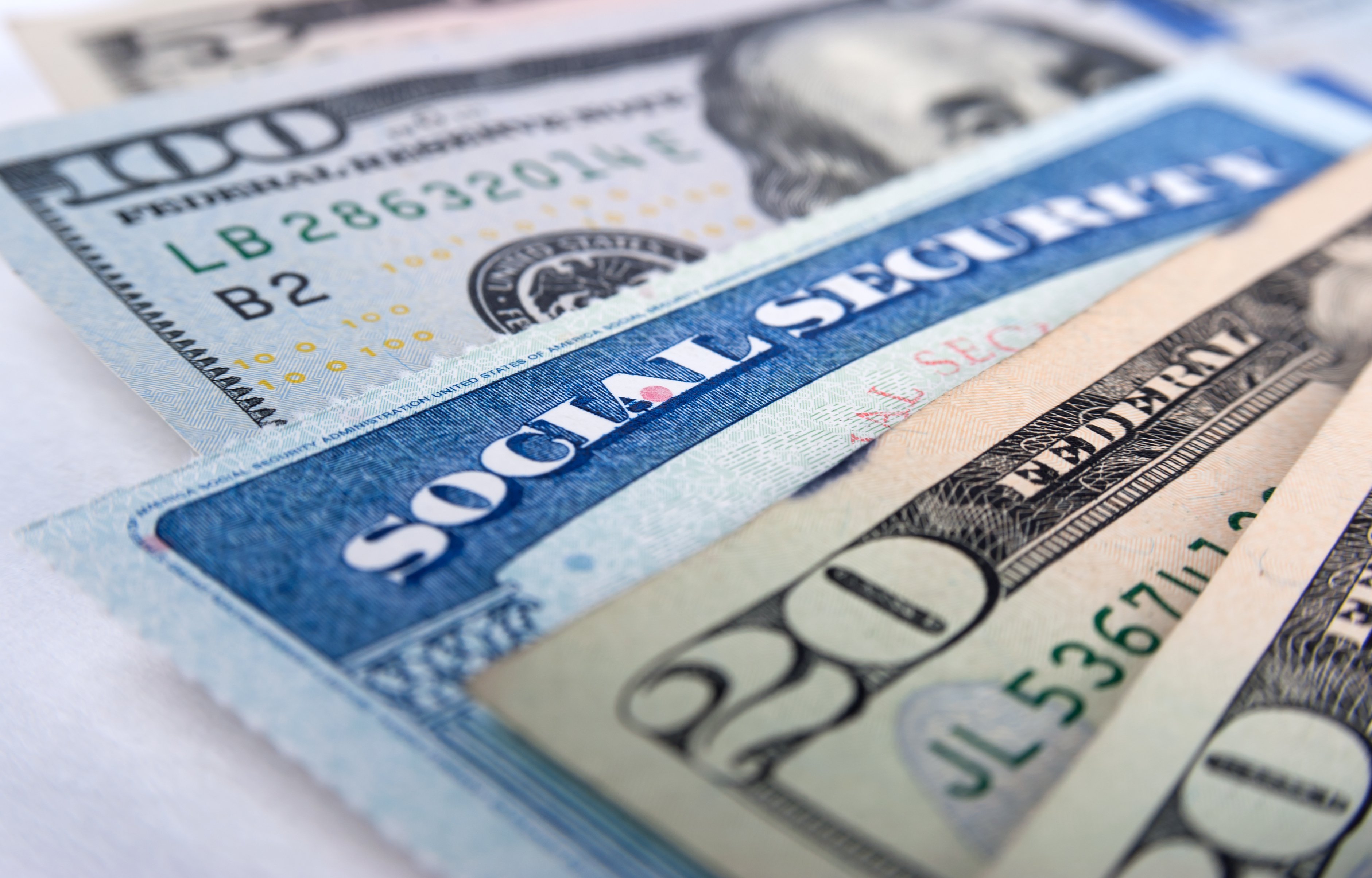COVID-19 has had a profound financial impact on millions of American households. And unfortunately, the coronavirus isn't just causing short-term pain due to job losses or furloughs -- many people will find their retirement prospects are affected by the virus as well.
In fact, the Center for Retirement Research recently released a report indicating that the number of households at risk of financial insecurity in their later years has increased substantially due to the job losses resulting from the novel coronavirus.
Retirement security could become a victim of COVID-19
According to the Center for Retirement Research (CRR), around 50% of working-age U.S. households were at risk of running short of money in retirement before the coronavirus. Now, thanks to unemployment related to COVID-19, that number has jumped up to 55%. And this may be underestimating the real number, as CRR's data doesn't factor in the possibility of reduced asset prices or lower interest rates that could result from a prolonged recession.

Image source: Getty Images.
While an increase from 50% to 55% may not seem like a big change, when you consider there are hundreds of millions of households in the U.S., it means millions more people could be at risk of outliving their savings as they get older.
CRR also explained that people across all income levels will feel the effects. In fact, while 40.6% of high earners, 54.3% of middle-income earners, and 56% of low-income earners were previously at risk, those numbers have jumped to 44.7%, 59.7%, and 60.4%, respectively.
And sadly, those who were already at risk have also been adversely affected, according to this new data. The gap in retirement readiness is likely to widen for these individuals due to the financial impact of COVID-19, leaving them with even more of a shortfall than was projected before.
How to mitigate the damage that COVID-19 could do to your retirement
Whether you were already at risk of running short of retirement money or are now in danger of this undesirable outcome due to the impact of the coronavirus on your finances, there are a few things you should be doing to improve your prospects, including:
- Increasing retirement savings if you can: The best way to avoid running short of money in retirement is to save early and diligently. If you're setting aside 15% of income throughout your career, you should be in good financial shape. If you're starting late or have to pause retirement investments because of a period of unemployment, aim to put more money into your accounts later to make up for the shortfall.
- Planning to work longer: Unemployment can adversely affect retirement in multiple ways. It may affect your ability to save, thus reducing your nest egg. And it could result in a reduced Social Security benefit by lowering average earnings over your career. There are ways to mitigate these downsides, including working for a longer period of time later in life.
- Protecting your retirement investments: While the Coronavirus Aid, Relief, and Economic Security (CARES) Act made it easier to borrow or withdraw from your tax-advantaged retirement accounts, this should be avoided unless you're in dire financial need and have explored other options first.
- Investing wisely: Having an appropriate percentage of your money in the stock market, diversifying your investments, and ensuring you're exposed to the right level of risk based on your age can help you to grow your retirement nest egg.
The more of these steps you can take, either now or once you get back to work again, the less likely it is you'll be among the majority of Americans at serious risk of running short of cash in their later years.





